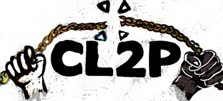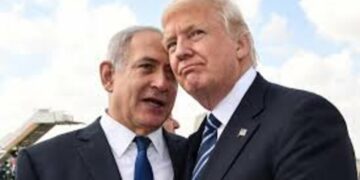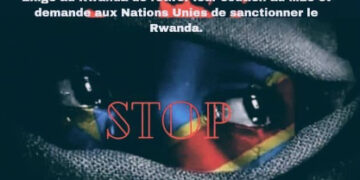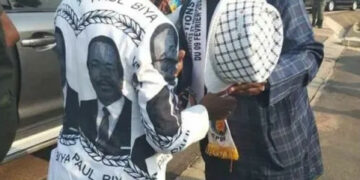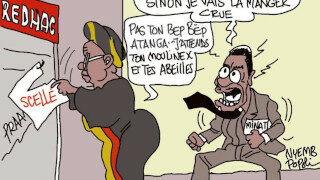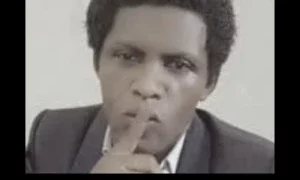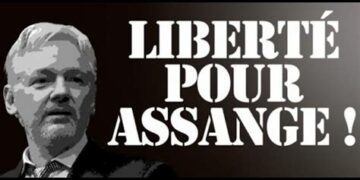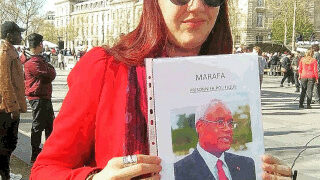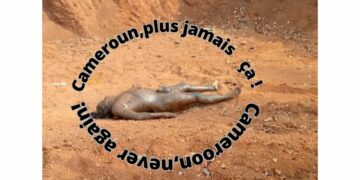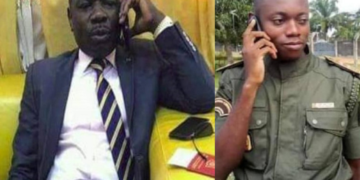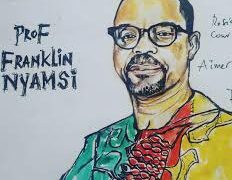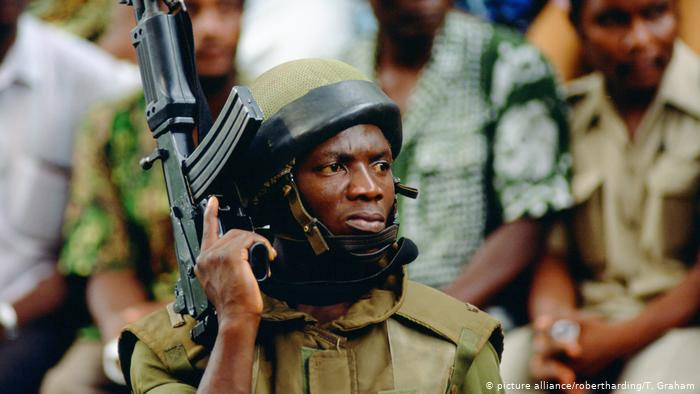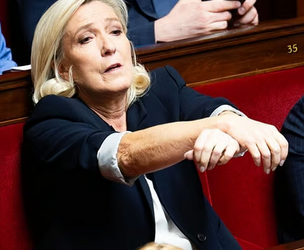Before being released in a surprise move by President Paul Biya, Cameroon’s main opposition leader, Maurice Kamto, and other politicians were charged with treason and insurrections by a military court. “This was illegal. Military courts shouldn’t try civilians,” Ilaria Allegrozi of the non-governmental organization Human Rights Watch (HRW) told DW. That such an illegality was possible points to the central role of the army in Cameroonian politics. This comes as little surprise in a country riven by conflict, be it the attacks by Islamist terrorists of Boko Haram along the borders, the armed insurrection by secessionist in the English-speaking regions or refusal of the opposition to accept Biya’s reelection in 2018.
Video: Cameroon’s Anglophone separatist crisis
But lately there seems to have been a change of tactics by Yaounde. President Byia launched a national dialogue to put an end to the conflicts, which, while much criticized by opponents and analysts for its shortcomings, is a huge step for the 86-year-old autocrat known for his intransigency.
Out to win the trust of civilians
Meanwhile, probably at Biya’s instigation, the army is showing a new and unusual side as purveyor of humanitarian help to needy populations. Unusual in as much as the country’s military is mainly known for its heavy-handedness when dealing with civilians and has often been accused of committing atrocities.
Recently, lieutenant colonel Nkoo Ella, operational commander of the troops fighting separatists in the Anglophone regions, arrived in the south western village of Baossa last with relief material, books and pens for the population. He was accompanied by journalists.
2,000 killed in two years
Ella told the press that his trip was part of an effort to win the trust of civilians. “I strongly believe that we are entering the era of peace and I came today to Baossa to confirm that the military are with the population,” he said, Ella did not, however, mention the reason why the population has so little confidence in the army. But 25-year-old Lydwin Tarkang told DW that she refuses to receive gifts from the military, after having witnessed soldiers killing her father and two brothers in March 2018. “How can you trust somebody who came yesterday with guns to kill, who burned our schools and houses, raped our children and now says he’s bringing peace?” Tarkang said.
In May, the United Nations held an informal meeting to address the issue of rights abuses in the region, where 2,000 people have died since the beginning of the conflict two years ago. Non-governmental organizations like HRW have compiled scores of cases of abuse and outright murder directed against the civilian population, but not by the military alone “Abuses have also been committed by the separatists. We have a situation where civilians are caught in the middle between two fires,” says HRW’s Allegrozi.
Window-dressing
Cameroonian independent analyst Ako John Ako does not dispute that fact, but he says there is no possible comparison between the army’s and the separatists’ behavior. “Women and children were burned alive in their own homes by the military. More than 160 villages have been burned down by the military, not by the Ambazonian forces,” Ako said, referring to the name the insurgents have given themselves and the territory where they want to build an independent state. The analyst also doubts the good will of the Younde government. “Is the intention to give aid to the Cameroonian people, or is it just propaganda,” aimed foremost at the internationally community, Ako asks. He sees a contradiction in humanitarian aid being delivered by the same people who are doing the shooting and killing. “I have never seen anyone declaring humanitarian aid, without declaring a cease-fire,” he told DW.
Both Ako and Allegrozi agree that this new activity by the Cameroonian government could be downright dangerous for civilians, exposing them to more violence. This happened in the Far North Region, where Boko Haram targeted the population working with army medics and engineers. “I think humanitarian aid is more effectively delivered by civilian humanitarian organizations and agencies,” says Allegrozzi, adding that the army and the separatists need to ensure that all those in need of help will be able to access it. Lydwin Tarkang, who lost a part of her family just because the military suspected they were separatists, feels there is only one solution for peace: “Let the military withdraw,” she said.
Moki Kindzeka contributed to this article.
